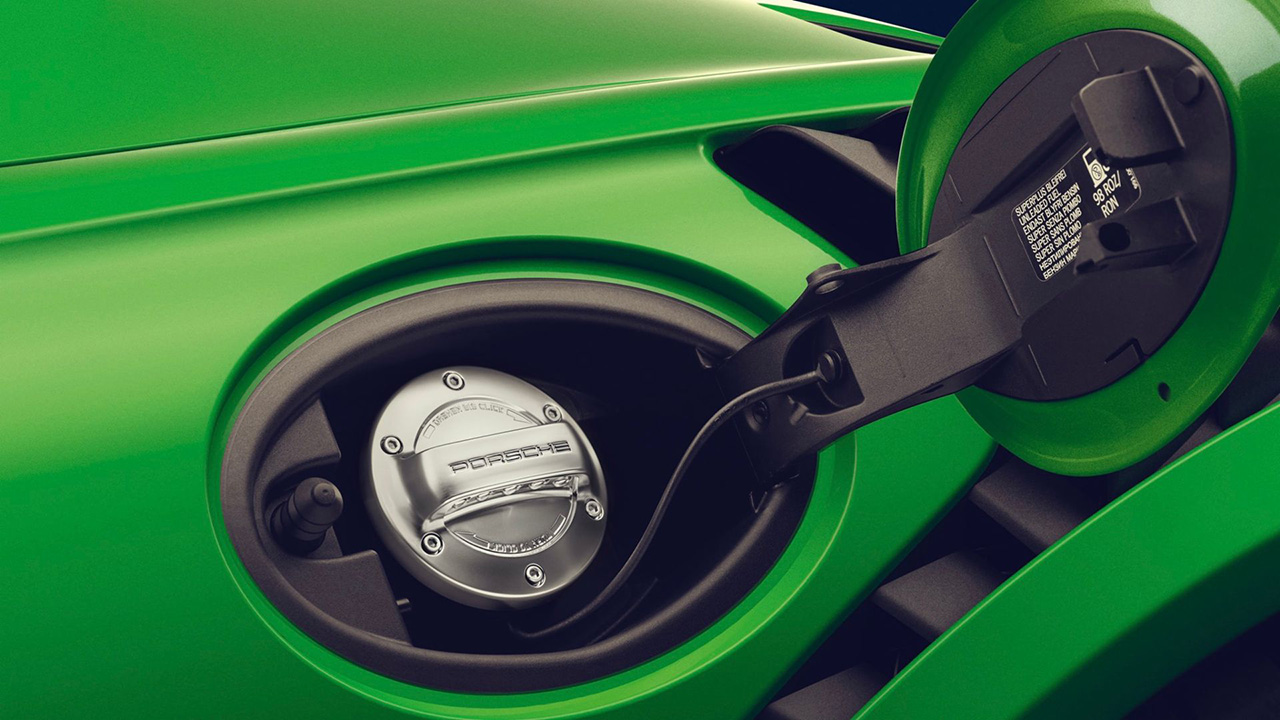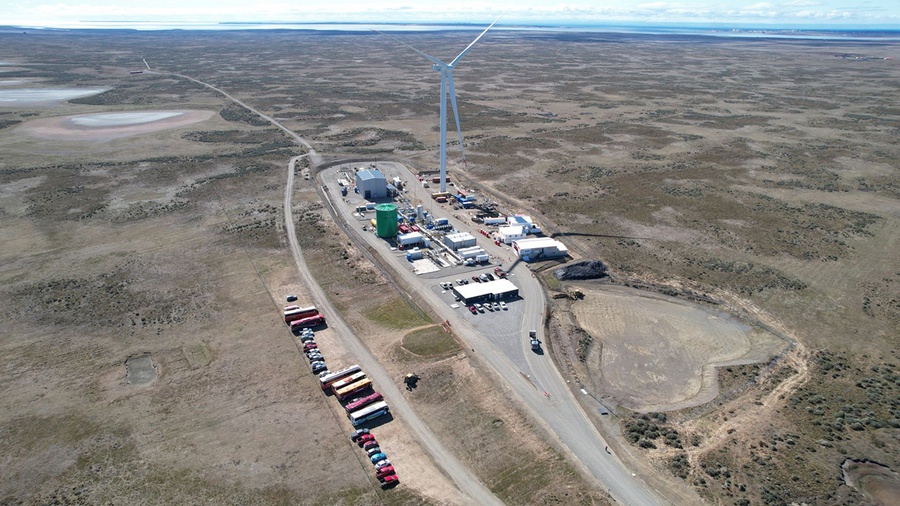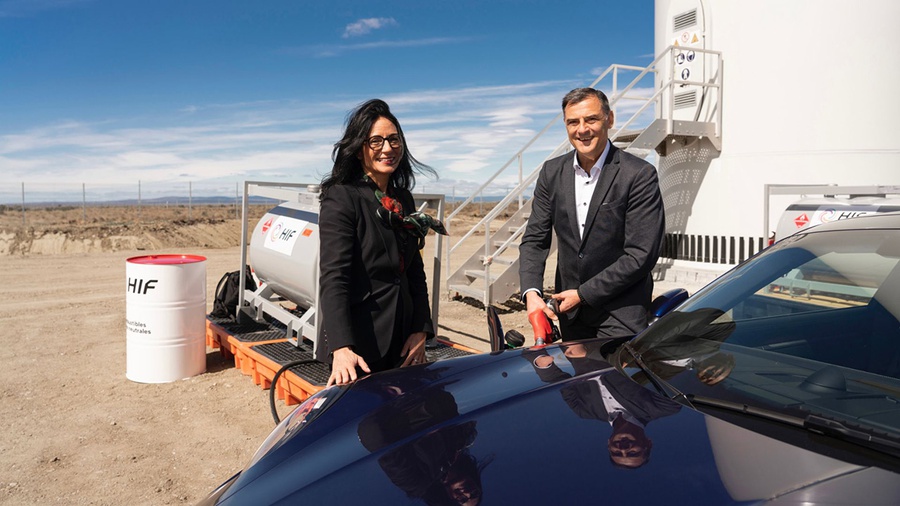eFuels made from water and carbon dioxide using wind energy enable the nearly CO2-neutral operation of petrol engines.
In the pilot phase, eFuel production of around 130,000 litres per year is planned. Initially the fuel is to be used in lighthouse projects such as the Porsche Mobil 1 Supercup and at Porsche Experience Centers. After the pilot phase, the first scaling will take the project in Chile up to a projected 55 million litres per year by the middle of the decade. Around two years later the capacity is expected to be 550 million litres.
According to Porsche's press release, the perfect climate for eFuel production lies in southern Chile. The winds blow approximately 270 days out of the year, which gives wind turbines plenty of opportunity to operate at full capacity. Punta Arenas is also located close to the Strait of Magellan. From the port of Cabo Negro, the synthetic eFuel can be transported just like traditional fuels all over the world, and be distributed using the existing infrastructure.
"The potential of eFuels is huge. There are currently more than 1.3 billion vehicles with combustion engines worldwide. Many of these will be on the roads for decades to come, and eFuels offer the owners of existing cars a nearly carbon-neutral alternative. As the manufacturer of high-performance, efficient engines, Porsche has a wide range of know-how in the field of fuels," adds Michael Steiner, Member of the Executive Board for Development and Research at Porsche AG.
Porsche has already invested over 100 million USD in the development and production of eFuels. For example, the sports car manufacturer invested 75 million USD in HIF Global LLC in April 2022. This company plans, builds and operates eFuel plants in Chile, USA and Australia.
Source: Porsche



